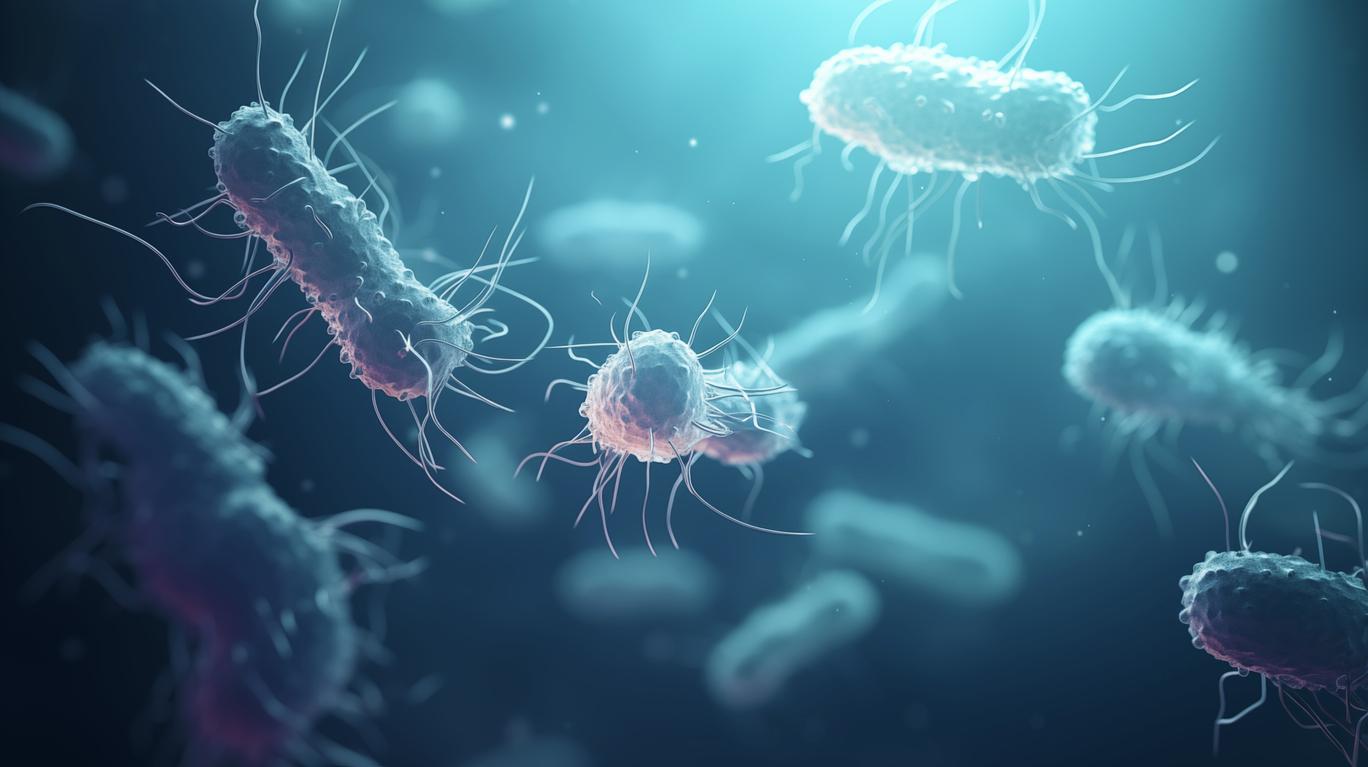Researchers take us into the nasal microbiota, this small ecosystem where many bacteria live that can play a role in the development of respiratory diseases.

- As we have an intestinal and oral microbiota, we also have a nasal microbiota
- The bacterium Lactobacillus casei is present in abundance in the noses of healthy people
- This bacterium could contribute to the treatment of chronic respiratory diseases
The human body is a huge ecosystem where billions of microorganisms interact freely. A recent study published in Cell Reports makes us discover the incredible role of the nasal microbiota, that is to say all the bacteria, microfungi and protists that reside in our nasal cavity and the role they can play in the development of respiratory diseases.
the Lactobacillus casei, a key bacterium
To learn more about this small environment, biologists from the University of Antwerp (Belgium), analyzed the bacteria present in the noses of 100 healthy people and compared them with those of the noses of 225 people. suffering frominflammationns nasal passages and chronic sinuses.
Result: the Lactobacillus casei, a species of bacteria belonging to the family of Lactobacillaceae, would 3 times more present in the anterior nasal cavity and 10 times more present in the nasopharynx of healthy people than in those who were not. Specifically, 40% of the 225 people withinflammationns chronic sinus and nasal passages had no trace of this species of bacteria in the upper respiratory tract.
A way to treat chronic respiratory conditions
the Lactobacillus casei is a lactic acid bacterium found in milk, cheese and in the gastrointestinal tract of humans, pigs and birds. In addition, when it is in the human body, this bacterium usually favors areas poor in oxygen, which is not the case of the nose.
By analyzing them more closely, the researchers discovered that these bacteria had mutated to adapt to this new environment and had in particular developed tiny fibers allowing them to cling to the nasal mucous membranes. “Without it, the bacteria would be quickly eliminated by the mucus and washing the nose”say the researchers.
This discovery could lead to new avenues of treatment, in particular to treat chronic respiratory diseases. “The beneficial role of lactobacilli has been widely studied in the intestinal and vaginal microbiota, but their effect in the respiratory tract remains largely unknown. The administration of probiotics specific (in the nose) could provide a new avenue of treatment in chronic respiratory conditions.”
.















